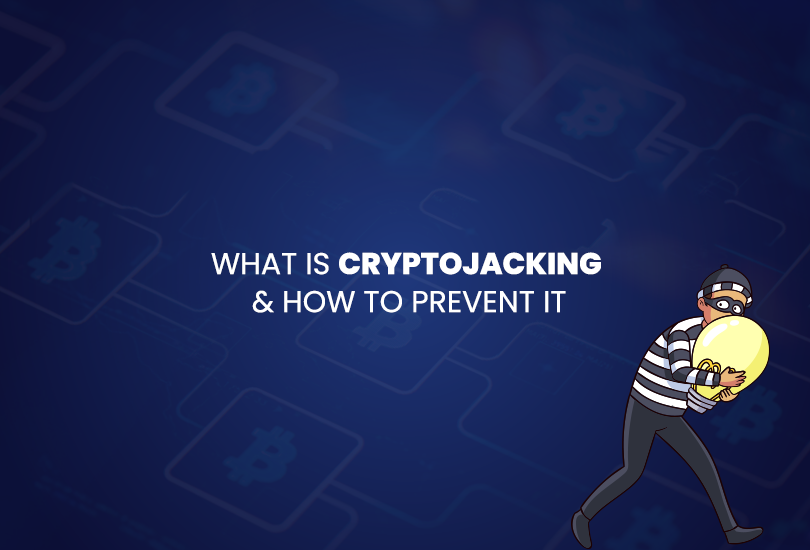Since social media became a part of public life, virtual communication between people has become more robust. Previously, mobile phone and telecom companies offered limited features, including calls, SMS, and MMS services. These features were the only mode of portable electronic communication in people’s lives until the early 2010s before the popularization of social media.
Social networking sites emerged at the turn of the century. Six Degrees was the first social media platform introduced in 1997. MySpace and Facebook surfaced in the mid-2000s and became the preferred platforms among people. Everything changed with the launch of digital messaging applications, such as WhatsApp in 2009 and Telegram in 2013.
These messenger applications witnessed a remarkable evolution in the past decade, particularly with the introduction of voice calls over the Internet. WhatsApp and Telegram offer similar services, but their approaches differ significantly, especially in terms of user experience, availability, data security, and privacy.
User Experience – Simplicity or Customization?
The two applications have varying user interfaces and experiences. WhatsApp has a simple interface allowing users to navigate and find the required features. At the same time, Telegram offers a more customizable experience with several themes and different chat background options. A simple user experience makes WhatsApp preferable over Telegram for many users.
Considering the interface, both applications share a common ground regarding day/night and light/dark display modes. Digital messaging apps like WhatsApp and Telegram introduced these features to minimize the negative impact on user’s eyes and enhance accessibility for people with vision problems.
Data Security and Privacy – Which One is Better?
In terms of security and privacy, Telegram is a more reliable option because it has a more robust privacy and security mechanism. Both messenger applications are known for their end-to-end encryptions. However, users’ trust in WhatsApp regarding privacy started declining after its acquisition by Facebook (now Meta) in 2014.
Facebook has received criticism and severe public backlash for privacy and security issues in the past few years, especially after the Cambridge Analytica scandal of 2015 which saw massive data farming by the digital consultancy firm to skew public opinion over US elections.
Facebook claimed that the incident did not involve WhatsApp. However, it has substantially tainted the reputation of all of Facebook’s subsidiary services regarding privacy. Conversely, Telegram has not experienced such scandals as long as it has been operational.
Nikolai and Pavel Durov, the two brothers who created Telegram, developed it specifically for privacy purposes and to avoid surveillance by the Russian government. Since its launch, Telegram has been under the umbrella of its original developers, consistently providing a safe, private, and secure alternative to conventional messaging apps for its users.
Telegram security and privacy features include self-destructing messages, secret chats, and channel broadcasting rooms with a large number of users without disclosing their real identities. Apart from other security and privacy features, Telegram can alert you whenever someone takes a screenshot of your chat.
Despite that, many experts claim Telegram is not as secure as it seems. They perceive Telegram’s privacy feature as nothing but a myth and marketing jargon.
Both messaging apps use encryption to protect chats and messages from intrusion and surveillance. Encryption is a process that prevents a third party from intercepting your messages. By using complex mathematics, this process converts your messages into unreadable formats that can only be read by the recipient with a decrypt key.
This process falls under the definition of end-to-end encryption. Unlike WhatsApp, Telegram does not provide end-to-end encryption by default. This feature is only available on its secret chat option.
If you are concerned about your sensitive information being leaked when you don’t know the application you are using is secure by encryption, then OysterVPN is a necessity.
With its military-grade AES 256-bit encryption and Zero-Logs Policy, OysterVPN secures your IP address and data from third-party interference without sharing your data with any third parties.
Availability – Which One is Widely Used?
Messenger applications such as WhatsApp and Telegram are useful but also quite impactful for society. Some governments also want to control the social narrative and public opinion while discouraging free information flows among the public.
That is why banning social media platforms and messenger applications is a common control option in many countries. Both WhatsApp and Telegram have a history of getting banned in several countries for various reasons.
Telegram is unavailable in many countries, including Azerbaijan, Belarus, Brazil, China, Cuba, Germany, Hong Kong, India, Indonesia, Iran, and Pakistan. Similarly, governments in China, North Korea, Syria, Qatar, and the UAE banned WhatsApp for an indefinite time.
So, what do you do when you live in these countries and still want to use these messenger applications?
It is obvious that any individual with basic knowledge would advise using a VPN to use the restricted apps as per your liking, regardless of the government’s regulatory measures. But the real question is: Is there any good VPN that offers secure gateways to its users?
Here’s where a reliable VPN like OysterVPN comes into play. By using OysterVPN for Whatsapp, you can easily avail yourself of the services of these online messengers with gateways based on secure protocols.
Conclusion
WhatsApp and Telegram have always been easy to use and secure, with accessible features and end-to-end encryption. Their innovations and limelight features were later adapted by different social media and communication companies.
Numerous mobile applications and websites provide similar services. However, WhatsApp and Telegram significantly surpass all other apps in terms of popularity and widespread use. People have their own choices about what to choose and what suits them the best.
Whether it’s Telegram or WhatsApp, both have pros and cons, and neither one can guarantee 100% privacy of its users or perfect user experience. Although both applications use encryption to safeguard communications for their users, the problem arises when it comes to data handling.







